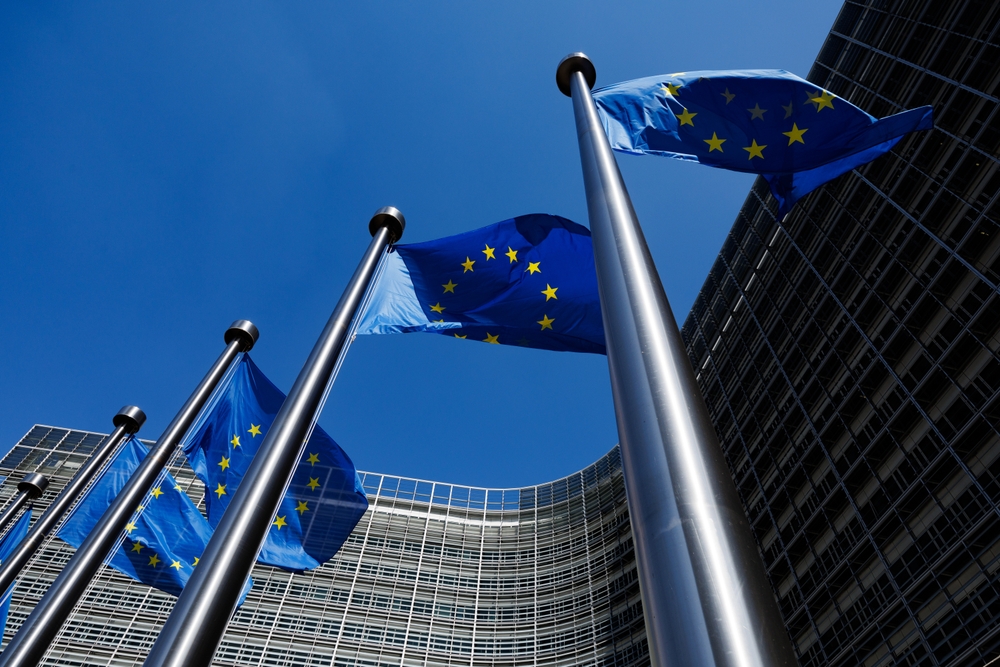
Facing sweeping changes from the European Union, Meta announced it will stop allowing political, electoral, and social issue ads across its platforms within the EU starting October 2025. This decision follows the introduction of the EU’s Transparency and Targeting of Political Advertising (TTPA) regulations, which Meta describes as “unworkable” due to the complex operational and legal challenges they present.
The new EU rules require political advertisers to complete stringent authorization processes, verifying their identities before placing ads. These ads must carry clear “paid for by” disclaimers, with spending details made publicly accessible to increase transparency and prevent foreign interference in elections. However, Meta argues that the regulations impose heavy restrictions on ad targeting and delivery, making the advertising environment excessively complicated.
Restrictions include prohibiting political ads from sponsors outside the EU within three months before elections or referendums, and impose strict conditions on personal data use for targeting. Meta fears these constraints will degrade the relevance of ads users see and disrupt the “principles of personalized advertising” that underpin its business model.
Despite Meta’s exit from political advertising, users and politicians in EU member states can continue to discuss and share political content organically without paid promotions. The company emphasizes this limitation applies only within the EU; political ads will remain available in other regions.
Other tech giants have reacted similarly to the incoming regulations. Google ceased serving paid political ads across the EU in 2024, including on YouTube, navigating past fines linked to prior online advertising practices. Meta’s announcement underscores the growing friction between Big Tech firms and regulators aiming to curb election interference and increase ad transparency.
While Meta engaged extensively with policymakers over these changes, the company concluded that continuing political advertising under the TTPA framework is not feasible. This move highlights the ongoing challenges social media platforms face balancing regulatory compliance with their business models.
Users interested in more details can read the full story at Engadget.

 Get in Touch
Get in Touch 


